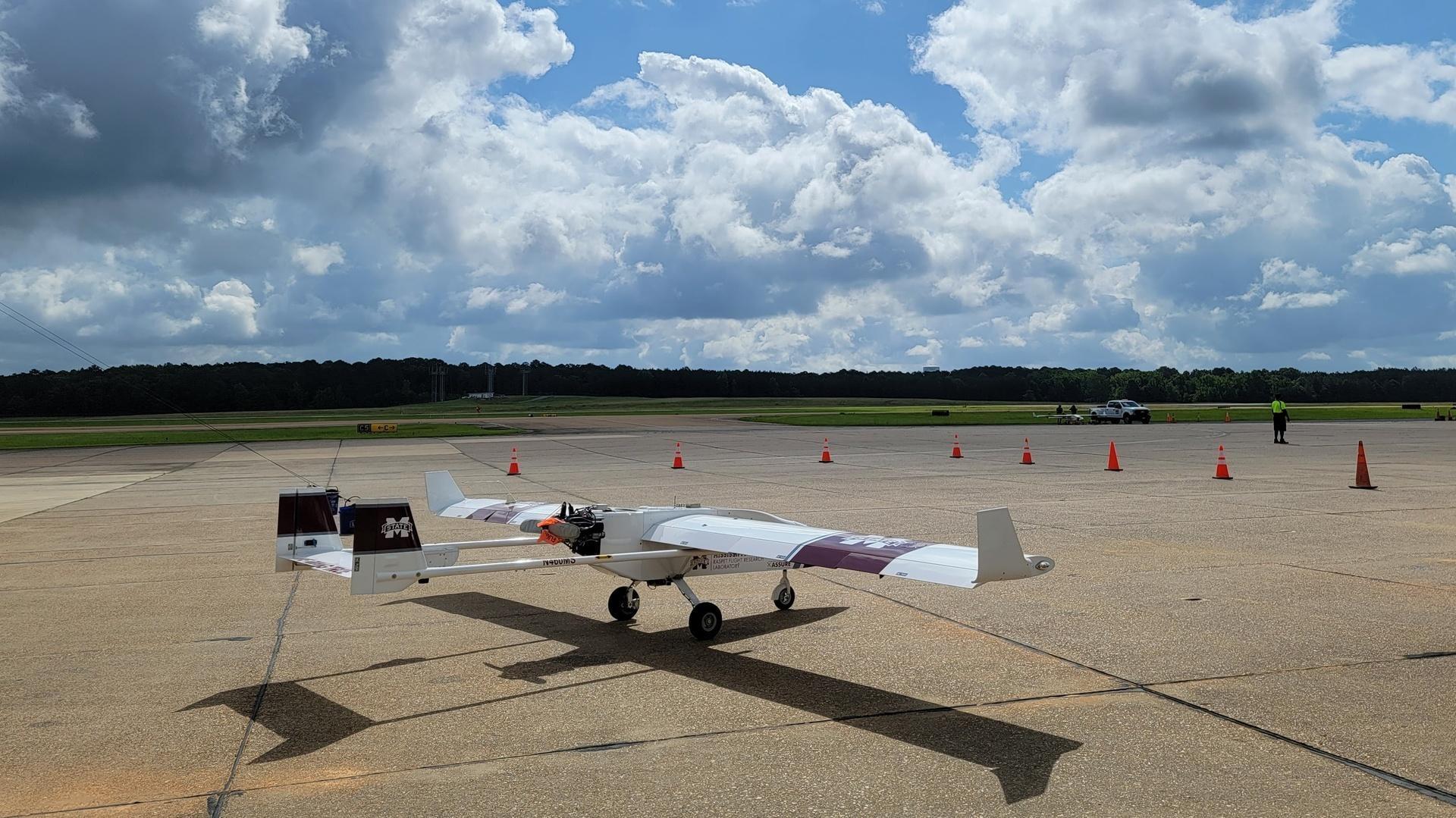More than a dozen recreational and commercial drone enthusiasts met with inspectors from the Federal Aviation Administration at Jackson's airport.
Representatives from the FAA teach Mississippians the rules of becoming a drone pilot


More than a dozen recreational and commercial drone enthusiasts met with inspectors from the Federal Aviation Administration at Jackson's airport.

Shamira Muhammad
Representatives from the FAA teach Mississippians the rules of becoming a drone pilot
Unmanned aircraft systems, otherwise known as drones, are becoming increasingly popular. Nationally, there are nearly 800 thousand registered drones.
Scott Lynn is an inspector with the FAA. Speaking before the forum, he said drone pilots must follow certain federal aviation regulations.
“You can't fly it away from you where you can't see it,” he said. “You got to see what it's doing and see what's around. It [can’t] interfere [with manned aircraft]. Manned aircraft still have the right of way. You got to get out of the way. So far, we've had, I think, about 25 or so collisions with manned aircraft. So far, none of them have been bad.”
Drone pilots must register their devices with the FAA if it weighs more than half a pound. Pilots must fly below 400 feet and are encouraged to avoid flying near airports.
Ed Aycock is also an inspector with the FAA. He says drone pilots must pay attention to prohibited operations.
“Flying drones in and around stadiums is prohibited,” he said. “Starting one hour before and one hour after the start time [of events].”
Drones are not allowed to fly during temporary flight restrictions, such as when the President is traveling through an area. They are also not allowed near national landmarks or security sensitive areas, such as a nuclear plant.
Ricky Bryant is an officer with the Reservoir Police Department in Brandon. He says he was excited to attend the event.
“I've never used a drone,” he said. “I know our department is looking at drones or possibly may have a drone. And this was an interesting class to know some of the rules and regs of what we need to know for drones.”
Bryant said he would be interested in learning more about drones in order to assist with search and rescue operations for his department after storms.
“So with a drone, even with the newer drones that have the thermal imaging, we could have sent it up and said, well, there's an image there” he said. “Let's go investigate that.”
The FAA requires recreational drone pilots to take the TRUST exam in order to fly. Commercial pilots are required to have a remote pilot certificate.